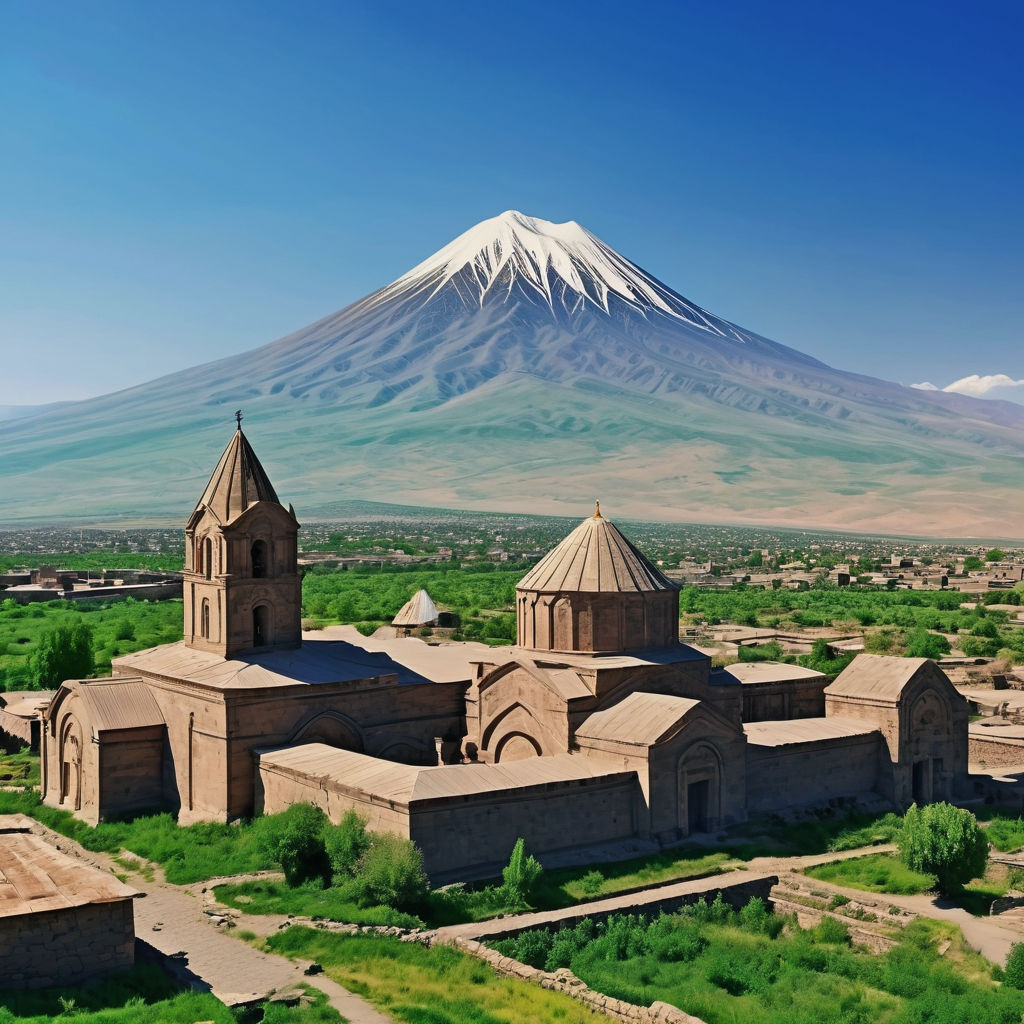Introduction to Armenia: A Cultural Crossroads
Exploring Armenia's Rich Heritage and Modern Connections

Introduction to Armenia
Armenia, a landlocked country in the South Caucasus region of Eurasia, shares borders with Turkey to the west, Georgia to the north, Azerbaijan to the east, and Iran to the south. The capital city, Yerevan, is one of the world's oldest continuously inhabited cities and serves as the cultural, economic, and political hub. Other significant cities include Gyumri, known for its artistic heritage, and Vanadzor, a major industrial center. Armenia's rich cultural heritage is deeply influenced by its ancient history, Christian traditions, and vibrant arts scene, making it a unique blend of the old and the new.
Cross-national and Cross-cultural Understanding
Armenians generally perceive and engage with other cultures with a sense of curiosity and respect. The country has a long history of cultural exchanges, educational programs, and international partnerships that promote cross-cultural understanding. These initiatives reflect Armenia's openness to the world and its desire to build bridges with other nations. Cultural exchanges are a prominent feature of Armenian society. Events like the Yerevan International Film Festival and the Golden Apricot Film Festival attract filmmakers and artists from around the world, fostering a spirit of global cultural exchange. These festivals provide a platform for showcasing Armenian culture while embracing influences from various countries, promoting mutual cultural appreciation. Educational programs in Armenia also emphasize the importance of cross-cultural understanding. Institutions like Yerevan State University and the American University of Armenia collaborate with foreign universities, facilitating student and faculty exchanges. These programs allow Armenian students to study abroad and bring back diverse perspectives that enrich the local educational environment. Additionally, international students and faculty members in Armenian institutions contribute to a multicultural academic community.
Interactions and Social Dynamics
Interactions between Armenians and foreigners are typically characterized by hospitality, respect, and a genuine interest in learning about different cultures. Social behaviors in Armenia reflect a blend of traditional customs and contemporary influences, with an emphasis on family values and communal living. Communication styles in Armenia are generally formal and respectful, especially in initial encounters. Armenian is the official language, but Russian is widely spoken, particularly in urban areas and among the older population. English is increasingly popular among the younger generation, facilitating interactions with tourists and expatriates. Cultural norms in Armenia emphasize respect for elders, family ties, and hospitality. These values create a welcoming and inclusive atmosphere for foreigners, who often find it easy to integrate into Armenian society. Public displays of affection are generally modest, reflecting traditional values, but social gatherings and communal activities are vibrant and inclusive.
Views on Dating and Relationships
Armenians generally have open and accepting attitudes towards dating and relationships with foreigners, though these views are influenced by cultural and traditional norms. There is a recognition of the opportunities for cultural exchange and personal growth that such relationships can bring. However, traditional customs and values play a significant role in shaping these views. Family involvement is significant in relationships in Armenia, with elders often playing a crucial role in the approval process. Traditional customs emphasize respect, patience, and the gradual building of trust in relationships. While modern dating practices influenced by global trends are becoming more common among younger generations, traditional values still hold sway in many communities.
Marriage and Family
Marrying a foreigner in Armenia involves navigating both legal and social considerations. Legally, the country has clear regulations governing marriage, including residency requirements and the need for proper documentation. Socially, cross-cultural marriages are generally accepted, though couples may face challenges related to cultural differences and integration. Familial acceptance is a key factor in cross-cultural marriages. Armenian families can be protective, and gaining their approval is often essential for the relationship's success. However, the diverse cultural landscape of Armenia means that many families are already familiar with and accepting of different cultural backgrounds, which can facilitate smoother integration for foreign spouses. Trends in cross-cultural marriages reflect Armenia’s open and inclusive society. Many Armenians who travel abroad for education or work form relationships with individuals from various cultures, bringing back diverse customs and traditions that enrich the local community.